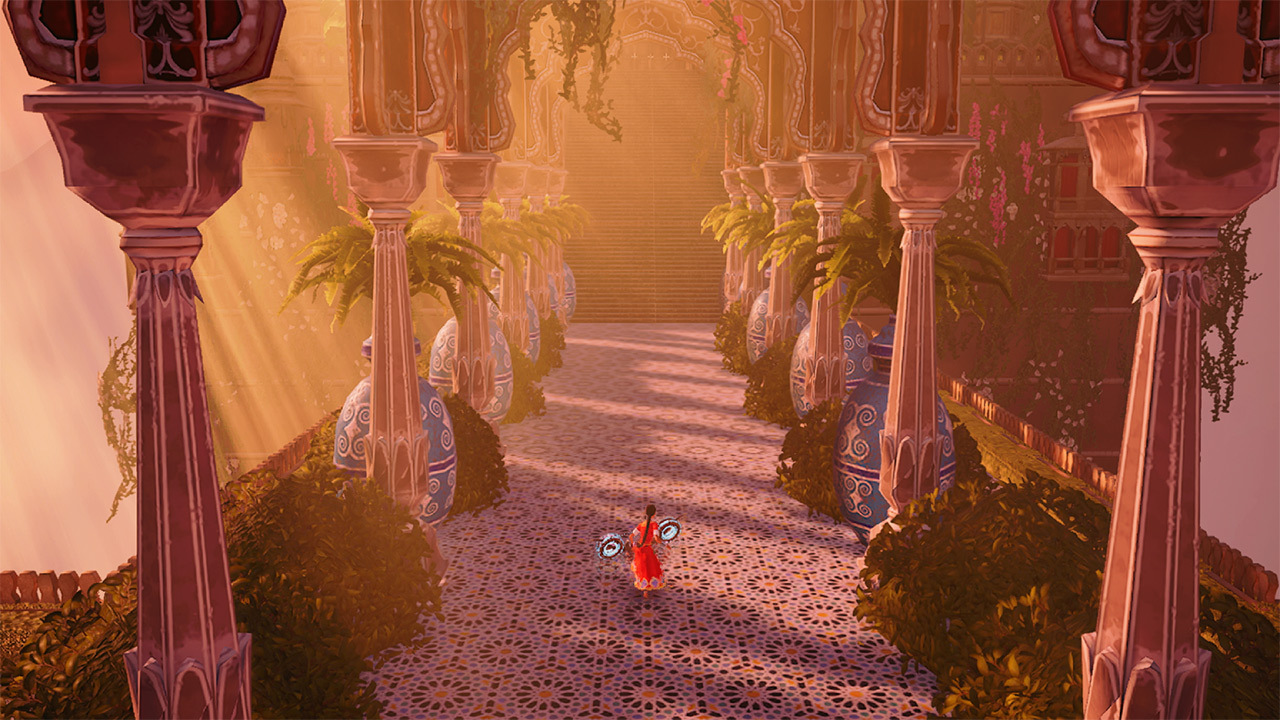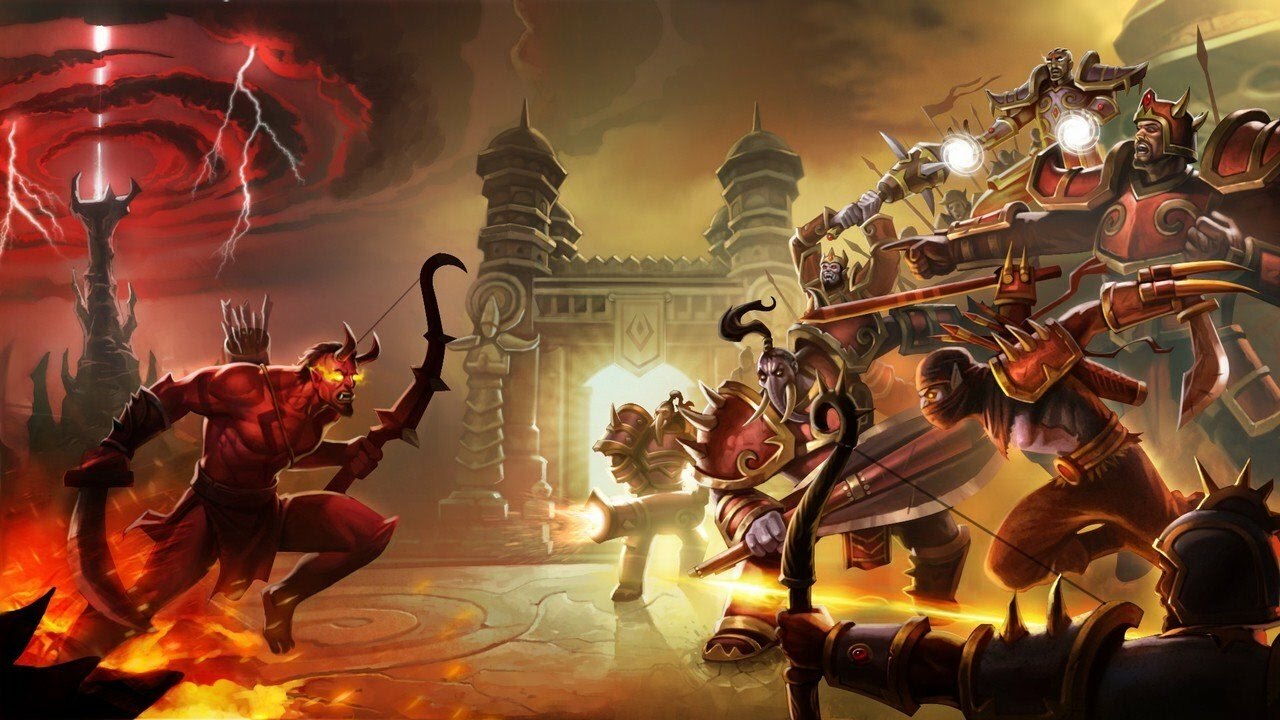In Baldur’s Gate 3, your wizardy friend Gale may be all charm and cheekbones on the surface – but behind the scenes, a secret score system is quietly tallying your choices to decide whether he becomes a god… or a bomb.

I confess, I am a Gale lover. I adore my little magic-hungry silly wizard. He’s a walking hazard sign with a soft voice and a flair for the dramatic, and I would follow him into a weave rift any day. Who I also love is YouTuber SlimX, who is kind of a wizard himself. He sneaks into Baldur’s Gate 3's code, emerging with glittering nuggets of lore that the rest of us would never find. This time, he’s uncovered something juicy: a secret internal point system, controlling Gale's desire for the crown, or, well, to blow himself up.
The Hidden Math Behind Gale’s Meltdown
So here’s the setup: Gale actually has two hidden scores ticking away behind the scenes.
- One measures his desire to detonate the orb (aka death score).
- The other tracks his temptation to claim the Crown of Karsus (crown score).
Each begins at a specific number. When you first recruit him, his death score is zero, but his crown score is already sitting at 3 – which is interesting, considering he doesn’t even know the crown exists yet. Subtle foreshadowing, thy name is Gale.
As you progress through the game and chat with him, your choices nudge these scores up or down. Pushing him toward a goal adds +1 to that score and subtracts -1 from the other. So if you talk him into thinking self-sacrifice is noble (which it's not, in case of doubt), he’s less interested in becoming a god, and vice versa. These scores trigger specific flags at thresholds of 1, 3, and 6. But here’s the kicker: you can never have both high scores at once. Pushing one up always means dragging the other down.
How To Train Your Wizard – The Death Score
All meaningful chances to increase Gale’s willingness to go full orbital detonation happen in Act Two. After your meeting with Elminster, Gale will approach you with a very wizardy existential crisis. Depending on how you respond, you can either encourage his resolve to sacrifice himself or gently steer him toward a more self-preserving mindset. There are a few of these moments – after disarming the orb, after the ritual room in Moonrise Towers, during one of those quiet nighttime camp scenes where Gale tries to pretend he's fine, but his Mirror Image says otherwise.
Choose your words wisely. The highest "willing to die" tier you can naturally reach is two points. Hit that, and Gale gets flagged as ready to make the ultimate sacrifice. But don’t expect fireworks – most of what changes is subtle flavor text, not major story beats. Unless, of course, you cheat.
SlimX, being the benevolent data-mining warlock that he is, decided to force the flags higher. And what he found were unused lines – unfinished or inaccessible without mods – that show Gale at death score 3 or even 6. These hidden moments include everything from necromantic conversations with Gale’s corpse (yes, really) to heartbreaking love confessions if you’re romancing him. One particularly touching line, reserved for max death score and an active romance, has Gale musing that when the orb detonates, all he’ll think of is your face. Say what you want about the man, but his flair for drama is unmatched. My poor, little baby.
The Crown Score: Power, Temptation, And The Ghost Of Karsus
While the death decisions cluster in Act Two, the crown score takes center stage in Act Three – specifically once you get your hands on the Annals of Karsus. Letting Gale read this apocalyptic bedtime story is pivotal. Do it, and he gets starry-eyed with godlust. Stop him, and you might just save his life – though it comes at the cost of cutting off one of the more tragic narrative paths.
Again, your dialogue choices steer the scale. Push him toward claiming the crown and you'll watch his crown score rise. Reassure him, challenge his hubris, or bring up the fact that godhood might not be the healthiest coping mechanism? The score drops. Romancing him gives you fewer chances to influence him at this point, but his internal math still happens – just more quietly.
SlimX points out that hitting crown score 6 unlocks some rare variations in dialogue, but only if you thread the needle perfectly. Conversely, crown score 0 triggers a rather humiliating scene where Lorroakan straight-up mocks Gale to his face. You can almost hear the psychic damage.
The Invisible (Mage) Hand Of Fate
So what’s the point of all this? Why build a whole hidden system that most players will never even notice? Well, that’s the beauty – and the tragedy – of Gale. He’s not just a character with a ticking bomb inside him. He’s a man constantly weighing self-sacrifice against self-aggrandizement. And while you think you’re just flirting or helping him through some spell research, the game is quietly keeping score.
Thanks to SlimX’s wizardry, we now know how those scales work. Every choice, every conversation, every night at camp – it all matters more than it seems. Gale doesn’t just wake up one morning and decide whether to die or ascend. The code remembers everything.
So next time you’re sipping wine with him in camp, or listening to his melancholic ramblings about lost towers and Weave theory, just remember: the scales are always tipping. And whether you’re helping him detonate or deify? That’s entirely up to you. But based on your decision, I might never talk to you again.




























